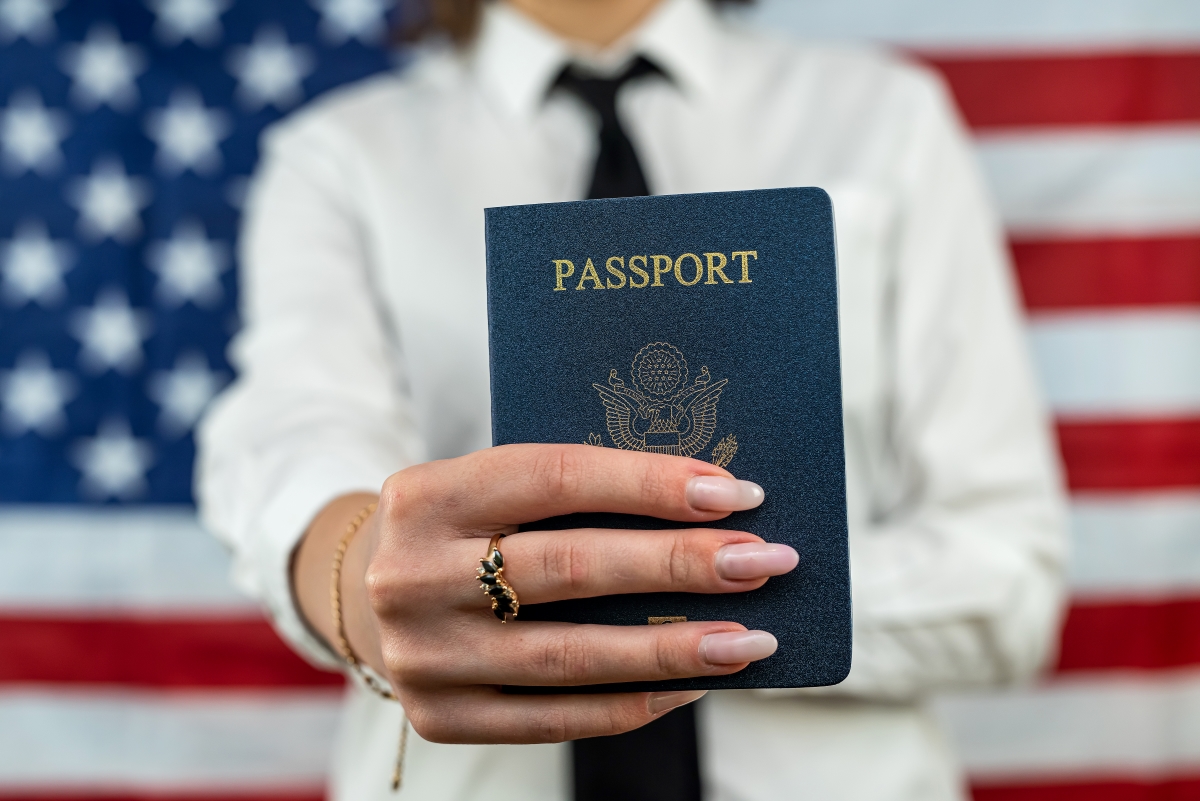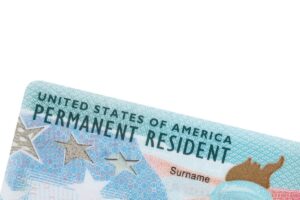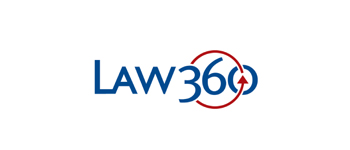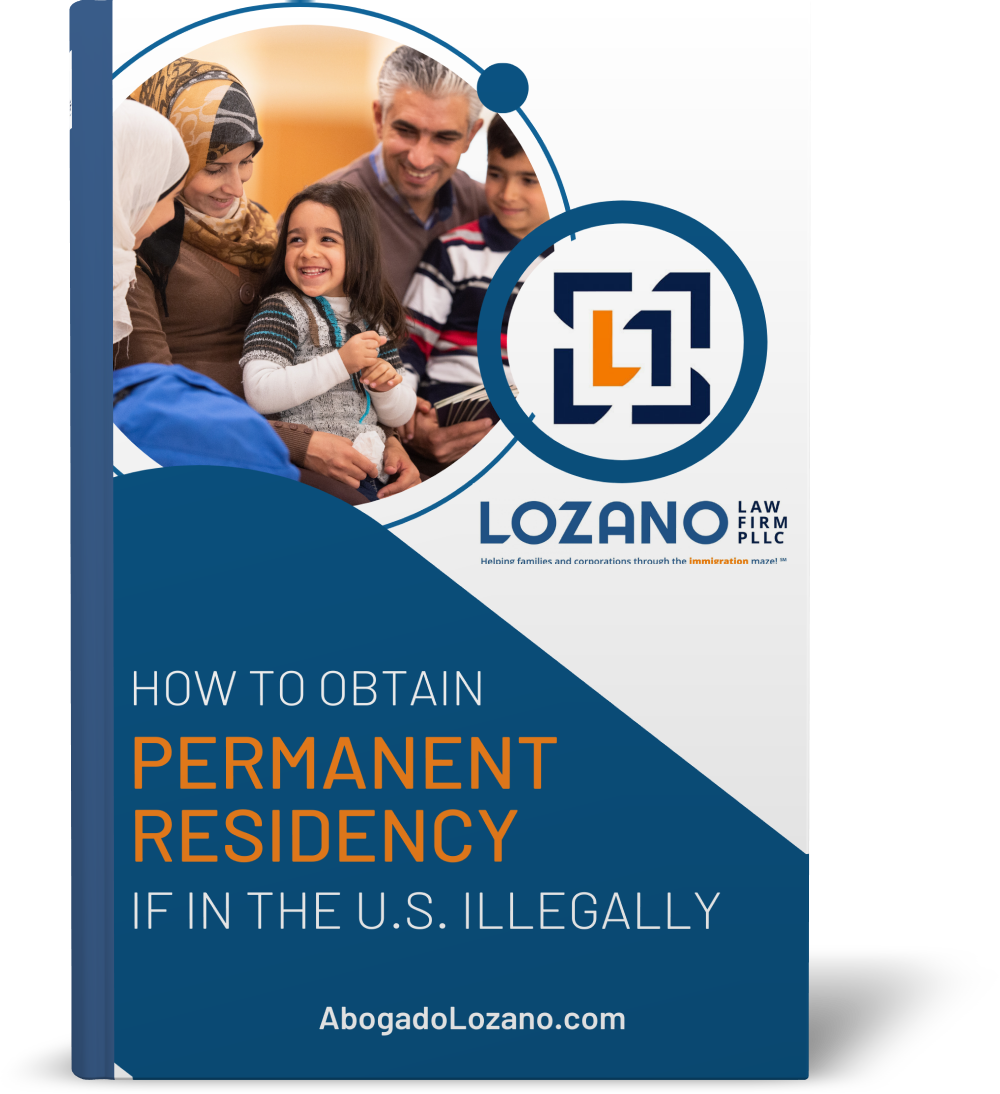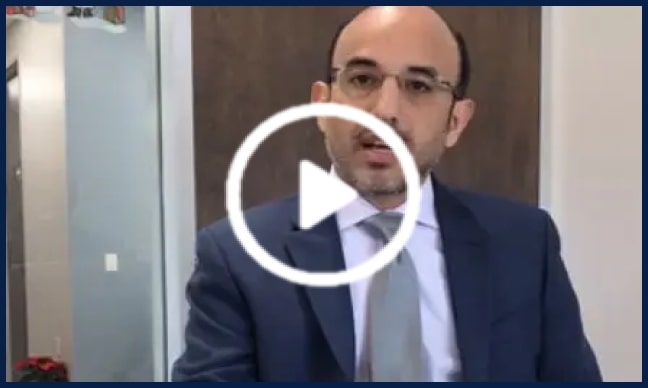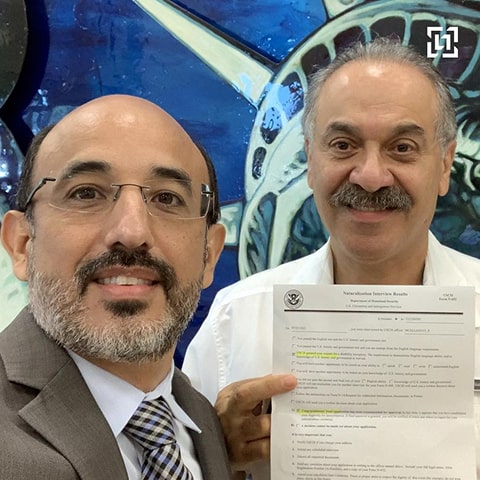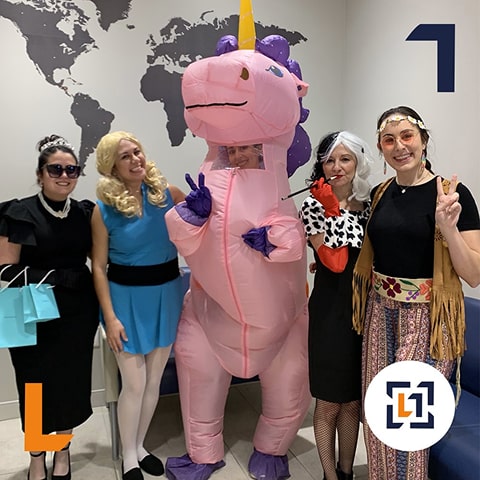You may have heard about the usual paths to obtaining an American Green Card, such as through family sponsorship or employment opportunities. But did you know there are other ways to do it? The United States Citizenship and Immigration Services (USCIS) offers various categories to lead you to your American dream.
In this article, you will learn these pathways and uncover the secrets to obtaining a Green Card eligibility through other categories.
Liberian Refugee Immigration Fairness (LRIF)
The Liberian Refugee Immigration Fairness (LRIF) program offers a chance for certain Liberian nationals and their families to get a Green Card, allowing them to live permanently in the United States. This program provides safety and a new beginning for those who have faced difficulties.
Who Can Apply
Those who can apply should be Liberian citizens who have been in the United States since November 20, 2014. The applicant must be admissible to the country for lawful permanent residence or eligible to file for a waiver of inadmissibility.
How To Apply
To qualify for LRIF-based status adjustment, ensure you’re currently in the United States, have maintained continuous physical presence since November 20, 2014, and fulfill specific criteria. If you meet these rules, use Form I-485 to apply for a Green Card through LRIF. Remember, the deadline for LRIF-based status adjustment is December 20, 2021. Before applying, carefully review the Instructions for Form I-485.
It is important to remember that:
- In Part 2 of Form I-485, select “Other Eligibility.”
- Write “LRIF” if you’re a Liberian national applicant.
- For family members of LRIF-eligible Liberian nationals, write “LRIF family member.”
Diversity Immigrant Visa Program
The Diversity Immigrant Visa Program (DV Program) offers up to 50,000 immigrant Visas annually through a random selection process. These Visas are given to individuals from countries with low U.S. immigration rates. The United States Department of State (DOS) manages the DV Program. Keep in mind that you must complete the adjustment of status process by September 30 of the relevant fiscal year; Visas can’t be carried over to the next year.
Some winners already in the United States can apply for a Green Card through the USCIS. To submit a petition, you must be selected in the Visa Lottery. The number of Green Cards depends on available slots, shown in the Department of State Visa Bulletin based on rank numbers.
Cuban Adjustment Act
The Cuban Adjustment Act (CAA) of 1966 permits Cuban natives or citizens residing in the United States to apply for lawful permanent residency if they meet specific eligibility requirements. This process, known as “adjustment of status,” involves filing Form I-485.
The key eligibility criteria are as follows:
- Properly file Form I-485.
- The petitioner must be a native or citizen of Cuba.
- The applicant must have been inspected, admitted, or paroled into the United States after January 1, 1959.
- The petitioner must have been physically present in the United States for at least one year at the time of filing Form I-485.
- The petitioner must establish a physical presence in the United States when filing Form I-485.
- The applicant must be admissible to the country for permanent residency or has the eligibility for a waiver of inadmissibility.
Dependent Status Under The HRIFA
The Haitian Refugee Immigration Fairness Act (HRIFA) provides a pathway for certain nationals of Haiti who were residing in the United States to obtain permanent residency, commonly known as a Green Card. While the deadline for principal applicants to apply has passed, dependents of the principal applicant may still be eligible to apply under HRIFA provisions.
Here are the eligibility criteria:
- Applicant must be a national of Haiti.
- They must qualify as a dependent under HRIFA.
- Applicants must be admissible to the United States.
- Continuous presence in the United States since December 31, 1995, is required for the principal applicant’s unmarried sons or daughters over the age of 21.
- Upon filing the application, the applicant must be physically present in the United States.
Eligibility for Different Categories of Dependents:
- Spouse: The spouse of a principal applicant is eligible if the marriage was established before the principal applicant became a permanent resident.
- Child: To qualify as a dependent child, the child must be unmarried and under 21 years of age when the principal applicant becomes a permanent resident.
- Unmarried Son or Daughter: Unmarried sons or daughters over the age of 21 of a principal applicant can qualify if they have been physically present in the United States since no later than December 1, 1995. The relationship with the principal applicant must have existed before they became a permanent resident.
Lautenberg Parolee
The Lautenberg Amendment allowed some religious minorities from the former Soviet Union, Latvia, Lithuania, or Estonia who were denied refugee status but granted humanitarian parole into the United States to later apply for a Green Card. They are eligible for this after being physically present in the United States for a year. This program stopped accepting new applicants in 2011, and though Congress renewed it, the parole program wasn’t restarted.
Indochinese Parole Adjustment Act Of 2000
The Indochinese Parole Adjustment Act, passed in 2000 (Public Law 106-429), helps people from Vietnam, Kampuchea (Cambodia), and Laos get a Green Card, or permanent resident status, in the United States. The Indochinese Parole Adjustment Act provides a clear way for eligible people to become permanent U.S. residents.
To apply, you must:
- Be from Vietnam, Kampuchea, or Laos.
- Have entered the United States with parole before October 1, 1997.
- Have been paroled from Vietnam through programs like ODP, refugee camps, or UNHCR camps.
- Have been physically present in the United States before and on October 1, 1997.
- Be eligible for entry into the United States.
American Indian Born In Canada
American Indians born in Canada with at least 50% American Indian blood have the right to enter the United States and request permanent residence (Green Card). Here’s a breakdown of the process and eligibility criteria:
- Have 50% or more American Indian blood.
- Born in Canada.
- Provide proof of ancestry through registered members of a recognized Canadian Indian band or U.S. Indian tribe among parents, grandparents, or great-grandparents.
- Tribal membership based on marriage or adoption is not considered eligible.
Acceptable Documentation
To support Green Card applications, ensure your tribal affiliation documentation is official from tribal sources or Indian and Northern Affairs Canada (INAC). If tribal documents are unavailable, acceptable alternatives include official Canadian or U.S. government records and an original INAC Letter of Ancestry. Translations to English are necessary for non-English documents, and note that Metis association documents are inadequate for establishing tribal affiliation.
For individuals with a recognized Canadian Indian band or U.S. Indian tribe affiliation, the provided documentation must establish this connection. In the case of American Indians born in Canada, the spouses and unmarried children under 21 (known as “derivatives”) cannot directly secure Green Cards through the primary individual’s status. Instead, they should seek permanent residence based on their eligibility criteria. If they do not qualify as American Indians born in Canada, the primary individual can submit Form I-130 (Petition for Alien Relative) for them once they become a U.S. permanent resident.
Person Born In The United States To A Foreign Diplomat
Individuals born in the United States to foreign diplomats stationed in the United States can pursue permanent residency through this pathway. This provision recognizes the unique circumstances of diplomatic families.
To get a Green Card through record creation, you must be born in the United States to a foreign diplomat. You must also have continuously lived in the country since birth and not have abandoned your U.S. residence.
Application Process
To apply for a Green Card through the creation of a record, follow these steps:
- File Form I-485: Start by submitting Form I-485, the Application to Register Permanent Residence or Adjust Status.
- Relinquishment of Diplomatic Privileges: Note that the applicant will only be considered for permanent residency after voluntarily relinquishing their diplomatic rights, privileges, exemptions, and immunities.
Medical Examinations
Unlike other Green Card applicants, individuals seeking the creation of a record do not need to undergo a medical examination to establish eligibility for permanent residency.
Section 13 (Diplomat)
Section 13 offers a path to permanent residency for foreign diplomats or high-ranking officials stationed in the United States who cannot return to their home countries. This provision aligns with the commitment to provide refuge and stability to those facing challenges.
Meeting these requirements could make you eligible for a Green Card under Section 13:
- Initially arrived as a nonimmigrant under categories A-1, A-2, G-1, or G-2.
- Were unable to uphold your nonimmigrant status.
- Have been involved in diplomatic or semi-diplomatic responsibilities.
- Have compelling reasons preventing your return, with a national interest involved.
- Fulfill the criteria of possessing good moral character and admissibility.
Obtain An American Green Card With An Immigration Attorney
An immigration lawyer plays a vital role in guiding individuals through the complex process of obtaining a U.S. Green Card. They deeply understand immigration laws and offer valuable assistance in various ways. It includes staying updated with any changes, assessing eligibility for different Green Card paths, and preparing applications with accurate documentation. Immigration attorneys also assist in creating strategic approaches for success, helping in complex cases, addressing denials and appeals, providing peace of mind, and acting as advocates.
Lozano Law Firm is a reliable source of legal support, offering personalized strategies to navigate the immigration process effectively and increase the chances of a favorable outcome. Their assistance turns a challenging journey into a manageable one on the path to a Green Card.
Summary
There are diverse pathways to permanent residency in the United States, emphasizing inclusivity and diversity. From Liberian Refugee Immigration Fairness to Section 13 for diplomats, each category addresses unique circumstances, ensuring opportunities for various backgrounds.
Amid ever-changing immigration laws, consulting official sources and legal counsel remains crucial. An immigration attorney plays an instrumental role, providing invaluable assistance in navigating the complex Green Card process. With a deep understanding of immigration laws, they elevate the chances of success. Partnering with the Lozano Law Firm adds a guiding hand, making the journey toward permanent residency more manageable.

